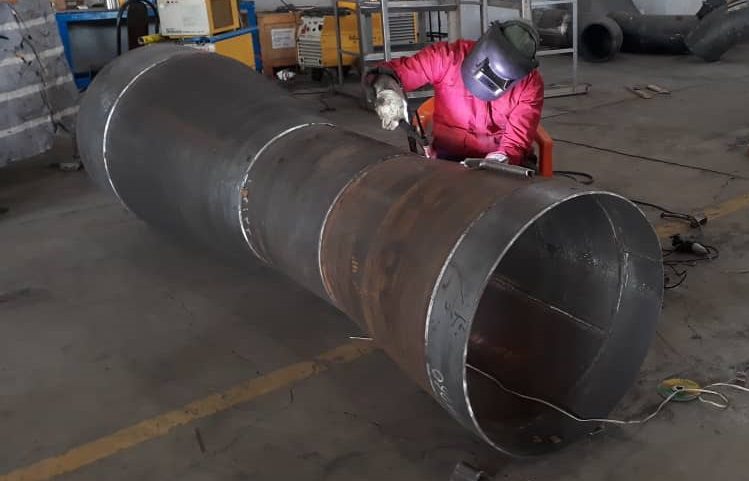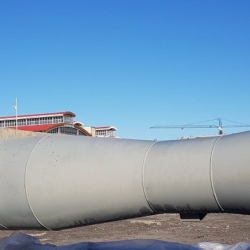An ejector is a type of fluid handling device that uses a high-pressure fluid jet to generate a low-pressure suction or vacuum. The basic principle of an ejector is that a high-pressure fluid, such as steam or compressed air in case of ejector, or liquid in case of eductor, is directed through a nozzle into a chamber or diffuser.
Ejectors and eductors are commonly used in a variety of industrial applications, including refrigeration, vacuum systems, chemical processing, and wastewater treatment.
- Refrigeration: Ejectors are commonly used in refrigeration systems to generate a vacuum in the evaporator.
- Vacuum systems: Both ejectors and eductors are used in vacuum systems to maintain a low-pressure environment by continuously removing gas molecules.
- Chemical processing: Ejectors and eductors are used in chemical processing to mix, transport, and react fluids. They are commonly used in applications such as neutralization, scrubbing, and wastewater treatment.
- Dust removal: Eductors are commonly used in dust removal systems to convey and remove dust particles from industrial processes.
- Water treatment: Eductors are used in water treatment systems to mix and circulate chemicals, such as chlorine or alum, which are used to treat and disinfect water.
According to the specifications of the client, these products are designed, produced and assembled as a package with or without a condenser or used in the jet scrubber package to draw and wash the exhaust gases.


